Vyoma Gajjar
AI Technical Solution Architect, IBM
Vyoma Gajjar is an AI Technical Solution Architect with over a decade of experience in AI governance, generative AI, and machine learning. Her work focuses on developing scalable AI solutions and governance frameworks for global industries, emphasizing ethical AI practices and responsible innovation. Vyoma’s expertise spans AI ethics, customer engagement systems, and innovative uses of large language models, which have helped reduce production costs and mitigate financial onboarding risks. She is a passionate advocate for AI governance and frequently contributes to the field through speaking engagements, mentorship, and advisory roles. Vyoma has presented at major conferences, served as a lab instructor, and actively mentors aspiring AI professionals through platforms like MIT Sloan and ADP List. She holds a patent in AI and continues to push the boundaries of AI technology with a commitment to ethical and impactful innovation.
Watch in-person: November 7
From Ethics to Implementation: Shaping the Future of AI Governance
With AI systems increasingly influencing critical sectors, ensuring responsible governance is paramount. This talk dives into the technical process of converting ethical AI principles into enforceable governance frameworks. I’ll outline how to integrate bias mitigation techniques, transparency mechanisms, and accountability structures within machine learning workflows. Specifically, the session will cover the use of fairness metrics, model interpretability methods like SHAP and LIME, and automated tools for ensuring model compliance with legal and ethical standards throughout the development and post-deployment phases. Drawing from real-world examples in finance and healthcare, I will demonstrate how ethical AI policies can be operationalized, with a focus on monitoring models for fairness, enhancing auditability with explainable AI (XAI) tools, and aligning systems with industry regulations. Attendees will leave with practical strategies for engaging cross-functional teams—from data scientists to legal and compliance teams—in building robust AI governance frameworks that ensure trust, accountability, and compliance.

